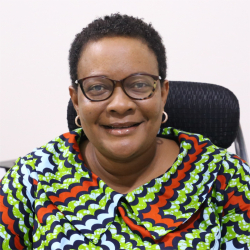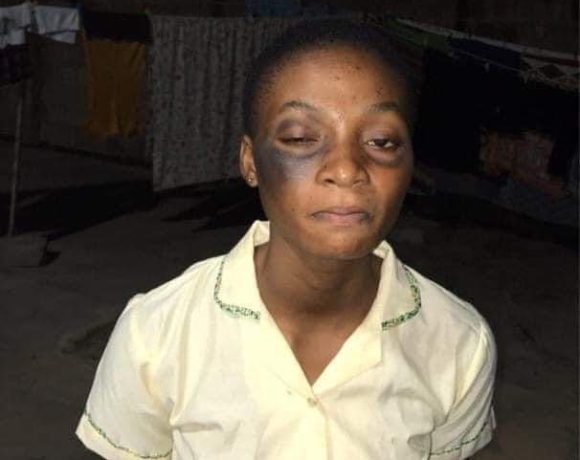We need more prosecutions, sanctions to fight corruption – Mary Addah

Mary Addah, the Programmes Manager at the Ghana Integrity Initiative, has called for more action from the state to stem the growing perception of corruption in Ghana.
Speaking onThe Point of View, Mrs Addah stressed that the institutions mandated to prosecute such issues needed to be better resourced because “the areas of investigation, prosecutions and sanctions are lacking.”
“If the CHRAJs of our time, the FICs, the EOCOs are well resourced and granted the needed independence without any strings being pulled from behind, I am very sure this fight we are fighting… we will do a lot.”
Though the government can point to the establishment of the Special Prosecutor’s office, she said “we know for a fact that this institution has not been resourced as it should, to operate at its optimum, so we want to see that happen.”
Mrs. Addah further stressed that the buck stops with the President in the fight against corruption.
She urged President Akufo-Addo to set a better example and exhibit zero tolerance.
“We want to see the president showing by example… by taking out people who are cited for certain infractions.”
“What he did for the [Public Procurement Authority] CEO, he should do the same for others who are cited [for corruption]. He shouldn’t let others be seen as untouchable.”
Mrs Addah was speaking after the Afrobarometer study undertaken by the Ghana Centre for Democratic Development (CDD-Ghana) noted that 77 percent of Ghanaians believe corruption has increased.
Only 6 percent of Ghanaians currently believe corruption is reducing.
As far as fighting corruption is concerned, fewer than 30 percent of Ghanaians believe that people can
report corruption without fear of retaliation, which is a decline of 4 percentage points compared to 2019.
The recent Corruption Perception Index released by Transparency International showed that Ghana has failed to make significant progress in its fight against corruption.
Between 2020 and 2021, Ghana maintained its score of 43, which is still below the average, with countries scoring higher viewed as less corrupt and those with the least scores being more corrupt.
Source: Delali Adogla-Bessa




